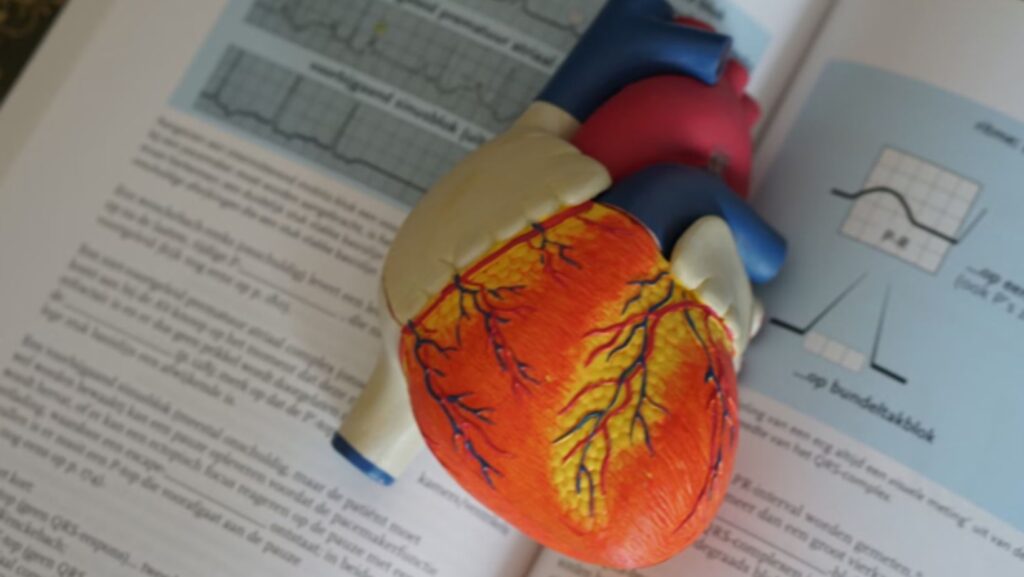Cardiac ablation has become an indispensable procedure for those battling heart rhythm disorders. By targeting the root of abnormal heart rhythms, cardiac ablation offers a direct and effective solution, helping you regain control over your heart health. This minimally invasive procedure not only provides relief from symptoms but also significantly reduces the risk of serious complications like stroke or heart failure.
Understanding Cardiac Ablation
Cardiac ablation is a procedure designed to correct heart rhythm problems, or arrhythmias, by targeting and destroying small areas of heart tissue responsible for the irregular signals. In many cases, heart ablation has proven to be a highly effective intervention by precisely targeting the areas where abnormal electrical signals originate; cardiac ablation effectively prevents these signals from spreading, allowing your heart to beat regularly. If you’ve experienced a rapid or irregular heartbeat, this procedure might be essential for restoring normal rhythm.
This procedure is a game-changer for many, offering relief where medications have fallen short.
- The procedure usually uses heat (radiofrequency energy) or cold (cryoablation) to destroy the problematic tissue. This flexibility allows your doctor to choose the most effective method based on your specific type of arrhythmia.

- Advanced imaging and mapping technologies are used during the procedure to locate the abnormal tissue accurately. These technologies enhance the precision of the ablation, reducing the risk of damaging healthy heart tissue.
- Cardiac ablation is typically recommended after other treatments, like lifestyle changes and medications, have been tried without success. This makes it a crucial
When Medication Isn’t Enough
Many heart rhythm disorders can be managed with medication, but sometimes drugs alone aren’t effective or come with undesirable side effects. If you’ve been living with the frustration of persistent arrhythmias despite taking medication, cardiac ablation could be the next step in your treatment plan.
The procedure is particularly useful for those with conditions like atrial fibrillation (AFib), where medications may not completely prevent episodes or where their side effects outweigh the benefits. Cardiac ablation offers a more permanent solution, targeting the problem at its source.
- Medications can sometimes lose effectiveness over time, leading to a recurrence of symptoms. This can be particularly frustrating if your body becomes tolerant to the drugs, leaving you vulnerable to arrhythmias.
- Some anti-arrhythmic drugs can cause significant side effects, such as fatigue, dizziness, or even pro-arrhythmic effects, where the medication paradoxically causes or worsens arrhythmias. Cardiac ablation avoids these medication-related issues by directly targeting the heart tissue.
- For certain patients, especially those with a high risk of stroke or other complications, the benefits of cardiac ablation far outweigh the potential risks. Ablation can provide a more durable solution, reducing your dependency on long-term medication.
Benefits Beyond Symptom Relief
The benefits of cardiac ablation extend beyond merely alleviating symptoms. Successfully restoring a normal heart rhythm can significantly improve your quality of life by reducing the risk of complications associated with arrhythmias.
For example, those with AFib are at a higher risk of stroke due to the formation of blood clots in the heart. By eliminating the source of the irregular rhythm, cardiac ablation reduces this risk, offering you peace of mind. Additionally, it can prevent the development of heart failure, a common consequence of untreated arrhythmias that force your heart to work harder than it should.

- Restoring normal heart rhythm through ablation can improve heart function, leading to better circulation and oxygen delivery throughout your body. This improvement can increase your energy levels and overall physical stamina.
- Many patients report a significant reduction in anxiety and stress after successful ablation. The fear of sudden arrhythmia episodes can be debilitating, and eliminating this risk can lead to a more relaxed and fulfilling life.
- By reducing the risk of stroke and heart failure, cardiac ablation can potentially increase your life expectancy. The long-term benefits of maintaining a healthy heart rhythm go beyond immediate symptom relief, impacting your overall health and longevity.
Minimally Invasive with Lasting Results
One of the most significant advantages of cardiac ablation is that it’s a minimally invasive procedure with lasting results.
Typically performed using catheters inserted through small incisions, the procedure requires only a short hospital stay and recovery times are relatively quick. For many patients, the results are long-lasting, with a significant reduction in or complete elimination of arrhythmia episodes.
This means you can return to your daily life with fewer restrictions and a lower reliance on ongoing medication, making cardiac ablation a truly transformative option for managing heart health.
Cardiac ablation is a critical option for anyone dealing with arrhythmias that don’t respond well to medication. By directly addressing the source of abnormal heart rhythms, this procedure not only alleviates symptoms but also protects you from serious long-term complications. If you’re struggling with heart rhythm issues, cardiac ablation could be the key to reclaiming your heart health and enjoying a fuller, more active life.
